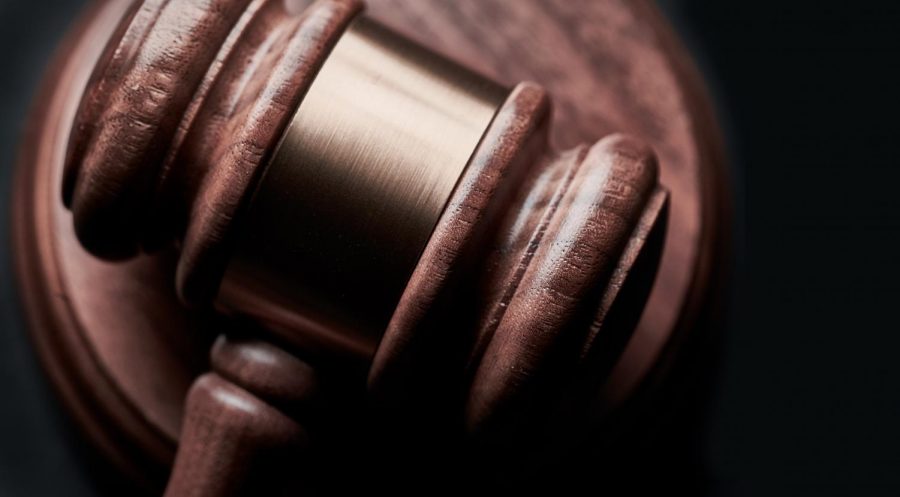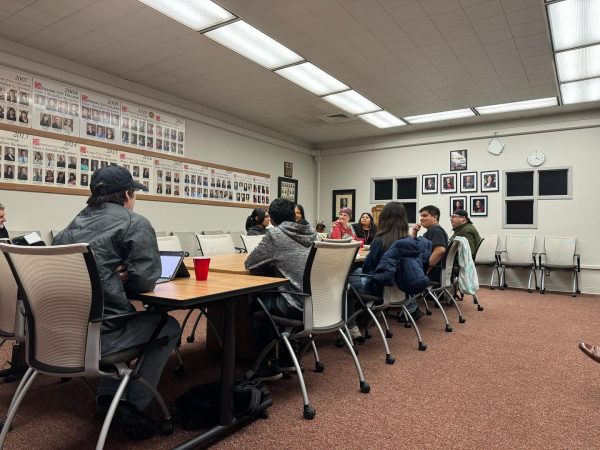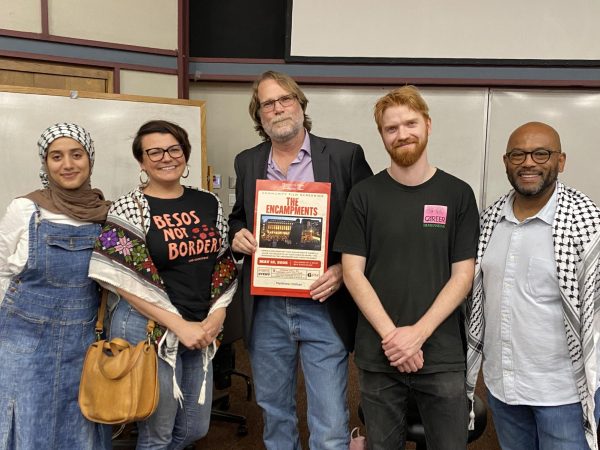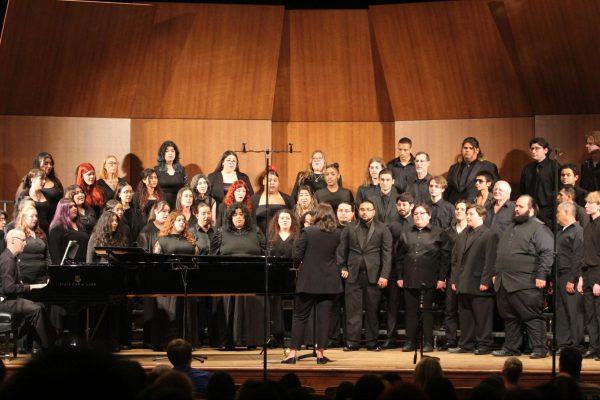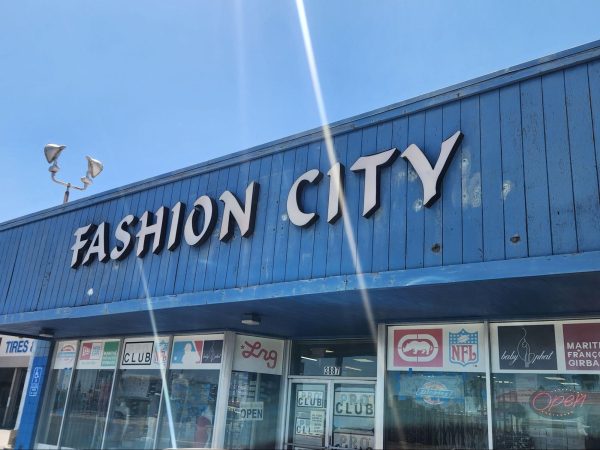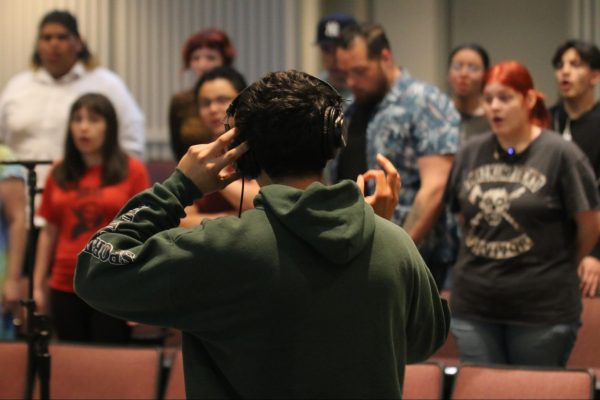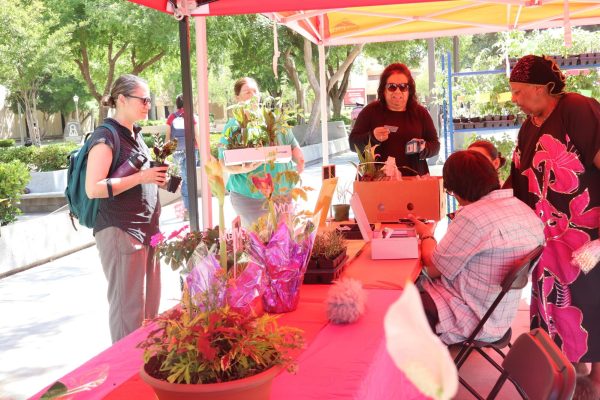Using Lyrics as Evidence: Distinguishing the Line Between Fiction and Real-Life
In early January, the Maryland Court of Appeals ruled that song lyrics can be used as evidence in a crime.
27-year-old rapper, Lawerence Montague was found guilty of second-degree murder charges, from the January 2017 killing of George Forrester.
Three weeks before trial, Montague uploaded an Instagram video with a verse from his rap song that later was used as evidence for his arrest.
According to Courthouse News, Maryland Court of Appeals Judge Joseph Getty states, “While rap lyric evidence often has prejudicial effect as improper propensity evidence of a defendant’s bad character, those concerns are diminished when the lyrics are so akin to the alleged crime that they serve as ‘direct proof’ of the defendant’s involvement.”
The lyrics he is referring to are, “I’ll be playing the block ***** / And if you ever play with me / I’ll give you a dream, a couple shots snitch / It’s like hockey pucks the way I dish out this / It’s a .40 when that ***** going hit up **** .”
If this kind of law was implemented in other states, what could this mean for the music scene? Would this law only apply to the genres of hip hop and rap?
Given the patterns of abuse, unfortunately all too common of American law enforcement, this appeal could leave the opportunity for mischaracterizations and the harassment of minority groups.
With this as a means for prosecution, many artists of color could be prosecuted on the basis of racial profiling through music.
The law appears to be just another way of America criminalizing and censoring the self-expression of the black community in particular.
Based on a report of wrongful convictions in the U.S, black people account for 47% of the 1,900 exonerations listed in the National Registry of Exonerations.
Innocent black people are about seven times more likely to be convicted of murder than innocent white people.
The same study also shows convictions that led to murder exonerations with black defendants were 22% more likely to include misconduct by police officers.
But rap is not the only genre where drugs and violence are glorified.
Take shock rock bands for example.
The band “The Mentors,” has a song called “Secretory Hump” that describes sexually assaulting their secretary. Their lyrics are fictional and for shock-value.
Music and songwriting are one of the biggest forms of self-expression. Songs about real-life past experiences can be one of the most vulnerable forms of expression there is.
But on the other hand, many lyrics are highly exaggerated or fictional. How can the court distinguish the line between real-life and fiction in song lyrics?
Lawyer Ezra Rosenberg, from the Skinner case in 2014, argued that lyrics should be protected under First Amendment rights.
“It will make it very difficult in the future for courts to admit works of artistic expression,” said Rosenberg. “And especially those of social commentary such as rap lyrics, on the basis of vague notions of motive unconnected to the facts of the crime charged.”
It’s unjust to prosecute based on song lyrics because law enforcement might not know when a song was exactly written and if the supposed crime occurred at the same time, the lyrics may or may not be purely fiction and songs simply are not credible enough evidence.
This is just another excuse to continue the uphold of white supremacy in America and find any reason to censor and incriminate minority groups for exercising their First Amendment right.

